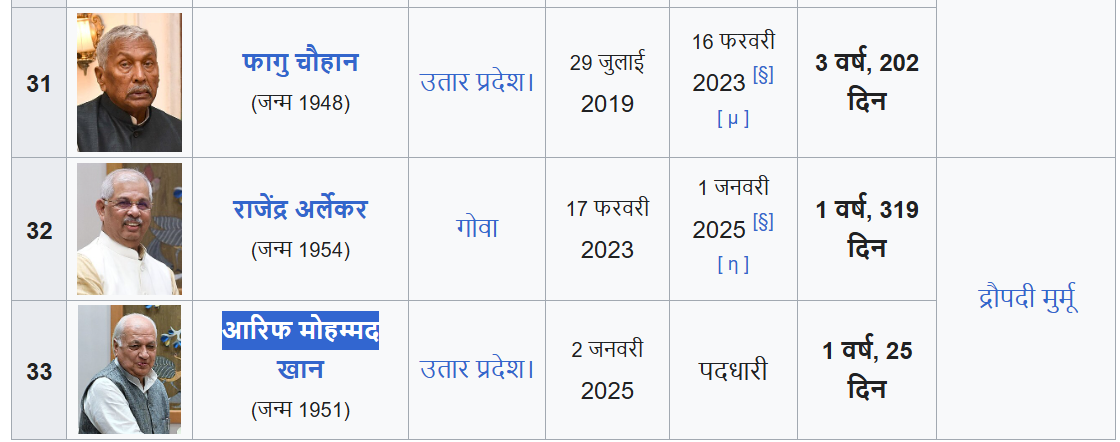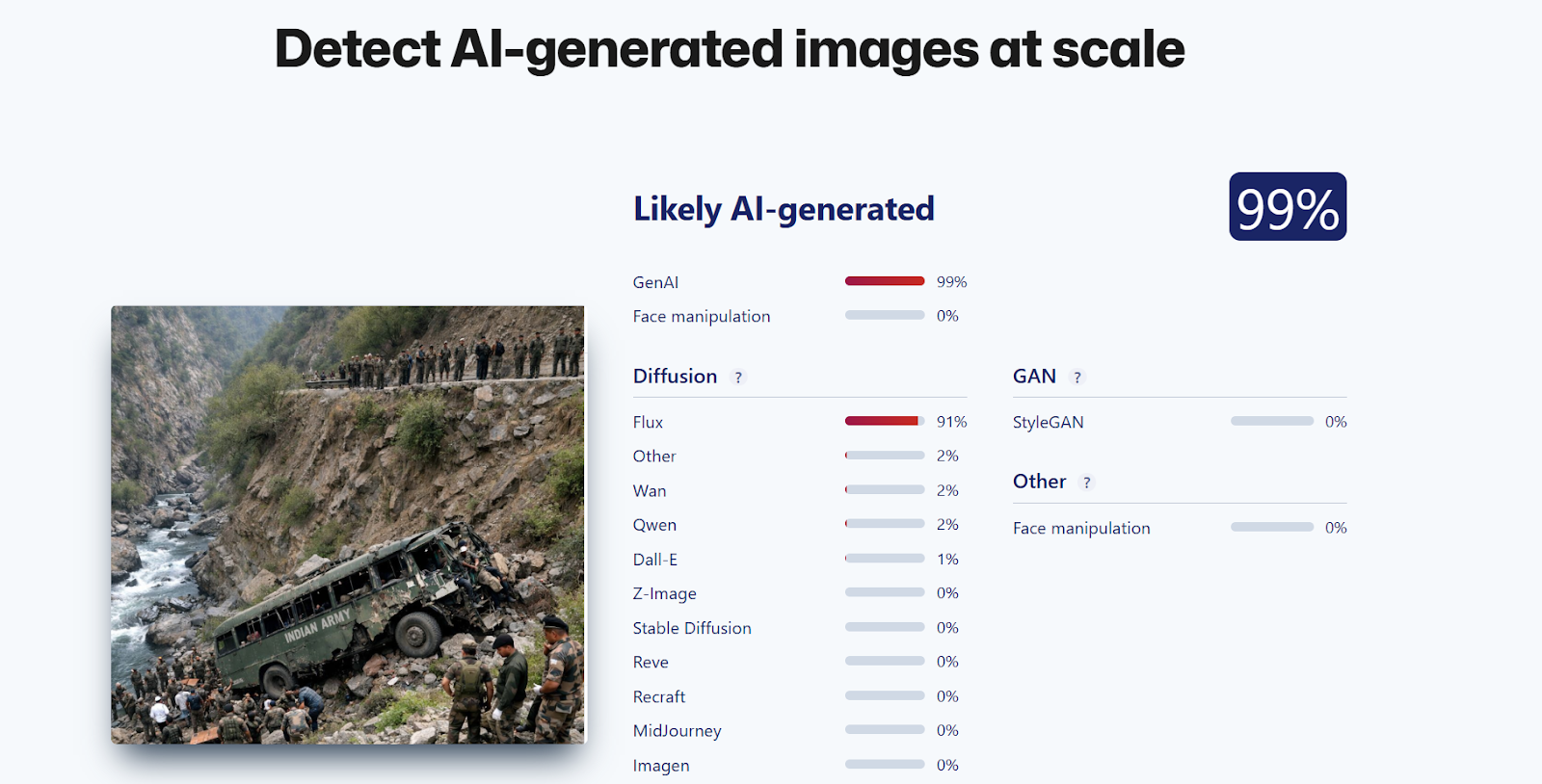The Government Specifies Roles in Matters related to Security of Telecom Network, Cyber Security and Cyber Crime
Introduction
On September 27, 2024, the Indian government took a significant step toward enhancing national security by amending business allocation rules through an extraordinary gazette notification. This amendment, which assigns specific roles to different Union Ministries and Departments regarding telecom network security, cybersecurity, and cybercrime, aims to clarify and streamline efforts in these critical areas. With India's evolving cybersecurity landscape, the need for a structured regulatory framework is pressing, as threats grow in complexity. Recent developments, such as the July 2024 global cyber outage and increasing cyber crimes like SMS scams, highlight the urgency of such reforms. Under Article 77 clause (3), the President amended the Government of India (Allocation of Business) Rules, 1961, to designate clearer responsibilities, reinforcing India's readiness to tackle emerging digital threats.
Key Highlights of the Gazette Notification
- Telecom Networks Security: A new entry ‘1A’ matters relating to the security of telecom networks" has been added under the Department of Telecommunications, highlighting an increased focus on securing the nation's telecom infrastructure.
- Cyber Security Responsibilities: Cyber security responsibilities have been added as a new entry under the Ministry of Electronics and Information Technology (MeitY), "5B. This assigns responsibility to MeitY for cybersecurity issues, concerning the Information Technology Act of 2000, giving the ministry the mandate to support other ministries or departments regarding cybersecurity matters.
- Oversight for Cyber Crime: Under the Ministry of Home Affairs, Department of Internal Security, a new entry "36A Matters relating to Cyber Crime" is introduced. This emphasises that the MHA will handle cybercrime issues, highlighting the government's attention toward enhancing internal security against cyber threats.
- Cyber Security Strategic Coordination: Any matter related to the "overall coordination and strategic direction for Cyber Security," has been given to the National Security Council Secretariat (NSCS). This consolidates the role of the NSCS in guiding cybersecurity strategies at the national level.
Impact on Policy and Governance
The amendments introduced through the notification are poised to significantly enhance the Indian government's cybersecurity framework by clarifying the roles of various ministries. The clear separation of responsibilities, telecom network security to the Department of Telecommunications, cybercrime to the Ministry of Home Affairs, and overall cyber strategy to the National Security Council Secretariat could seen as better coordination between ministries. This clarity is expected to reduce bureaucratic delays, allowing for quicker response times in addressing cyber threats, cybercrimes, and telecom vulnerabilities. Such efficient handling is crucial, especially in the evolving landscape of digital threats. These changes have been largely welcomed as it recognises the potential for improved regulatory oversight and faster policy implementation and a step forward in bolstering India’s cyber resilience.
Conclusion
The Government of India (Allocation of Business) Rules, 1961 amendments mark a critical step in strengthening India's cybersecurity framework. By setting out specific responsibilities for telecom network security, cybercrime, and overall cybersecurity strategy among key ministries, the government seeks to improve coordination and reduce bureaucratic delays. This policy shift is poised to enhance India’s digital resilience, providing a foundation for rapid responses to emerging cyber threats. However, success hinges on effective implementation, resource allocation, and collaboration across ministries. Addressing concerns like potential jurisdictional overlap and ensuring the inclusion of bodies like NCIIPC will be pivotal to ensuring comprehensive cyber protection. The complexity of cyber crimes and threats is evolving every day and the government's ability and preparedness to handle them with regulatory insight is a high priority.
References
- https://egazette.gov.in/(S(4r5oclueuwrjypfvr5b4vtzg))/ViewPDF.aspx
- https://www.ptinews.com/story/national/govt-specifies-roles-on-matters-related-to-security-of-telecom-network-cyber-security-and-cyber-crime/1856627
- https://www.thehindubusinessline.com/economy/centre-to-further-streamline-mechanism-to-deal-with-cyber-security-cyber-crime/article68694330.ece
- https://telecom.economictimes.indiatimes.com/news/policy/govt-specifies-roles-on-matters-related-to-security-of-telecom-network-cyber-security-and-cyber-crime/113754501













